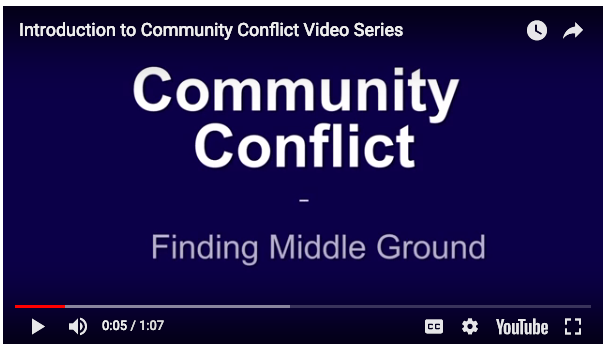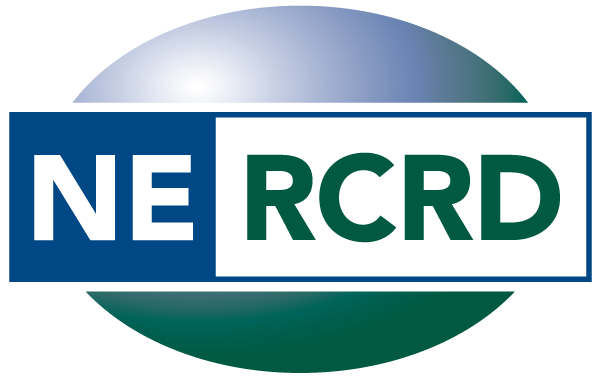
Tools for productive community meetings: Rising above the challenges
Everyone has different opinions or information when it comes to community issues. These issues can be divisive, often involving some degree of controversy and public discourse. As a public official, how can you guide meetings toward a more productive and positive outcome for all?
As a community leader, it is important to create a civil environment to explore the issues at the heart of polarizing conversations, whether they may be around community planning, resource development, or other ‘hot button’ topics. Penn State Extension Educators are sensitive to the importance of effective engagement and earning the trust of stakeholders for optimal open conversation.
Walt Whitmer, Senior Extension Educator with the Penn State Department of Agricultural Economics, Sociology, and Education, emphasizes the importance of effective community engagement strategies to ensure the interests and priorities of residents are reflected in the decisions that affect them. Whitmer also stresses the importance of fostering trust in public all interactions.
“The research and experience of countless practitioners makes this crystal clear,” said Whitmer. “Without a purposeful and consistent effort to foster trust and build strong relationships at every opportunity, even the best-designed community engagement or conflict management processes will fall short.”
Tom Murphy, Director of the Penn State Marcellus Center for Outreach and Research, highlights the importance of understanding risk from your audience’s perspective.
“Identifying these risks and assisting community members as they work through known facts and discover new information and benefits, will provide authenticity and transparency to your discussion,” Murphy said. “Sorting out ‘possible’ versus ‘probable’ risks are a key component of this transparent process.”
Determining the makeup of the audience and perceived risks will help you to understand their position on the subject.
“Identifying and appreciating all the concerns, emotions, uncertainties, and fears surrounding the subject prior to a meeting can provide the best frame for a productive discussion,” Murphy added.
At times, dealing with a difficult audience or dealing with myths and inaccurate information may arise.
“Successful coping strategies can provide any leader with the tools to handle difficult audience members or protestors,” said Penn State Extension Educator Dan Brockett. “These strategies, along with sorting out fact versus fiction early in a discussion can help a leader reduce negative impact and keep the dialogue focused on accurate details, likely leading to a better outcome.”
Lisa Hrabluk is a consultant and founder of Wicked Ideas whose mission is to create safe and welcoming space for people to learn about complex issues and work together to develop solutions. Hrabluk introduces the video series and wraps up with insights into building an effective network.
“Over the past decade the rise of grassroots, community-based networks have been instrumental in driving economic, social and political change,” said Hrabluk. “The hierarchical nature of corporations and governments do not easily adapt to the fluidity of movements and I’ve had success helping institutions broaden their traditional stakeholder engagement process to make room at the table for community-based movements and treat them as partners in change.”
Penn State Extension has made this video series available at no charge for all community leaders, officials, educators, and facilitators. These videos are designed to watch individually or as a series. The series can be found on the Penn State Website at: http://pages.extension.psu.edu/community-conflict-finding-middle-ground.
Topics include:
* Intro to Community Conflict: Finding Middle Ground
* Effective Engagement
* Social License
* The Role and Importance of Trust
* Public Meetings
* Understanding Risk
* Framing the Issue
* Anticipating Audience Response
* Difficult Audiences
* Myths and Misinformation
* Combating Misinformation
* Building a Network
The video series is work supported by Renewable Resource Extension Act – National Focus Fund Projects (RREA-NFF), 2016-46401-25870 from the USDA National Institute of Food and Agriculture.
Any opinions, findings, conclusions, or recommendations expressed in this publication are those of the author(s) and do not necessarily reflect the view of the U.S. Department of Agriculture.
— text provided by Penn State Extension
